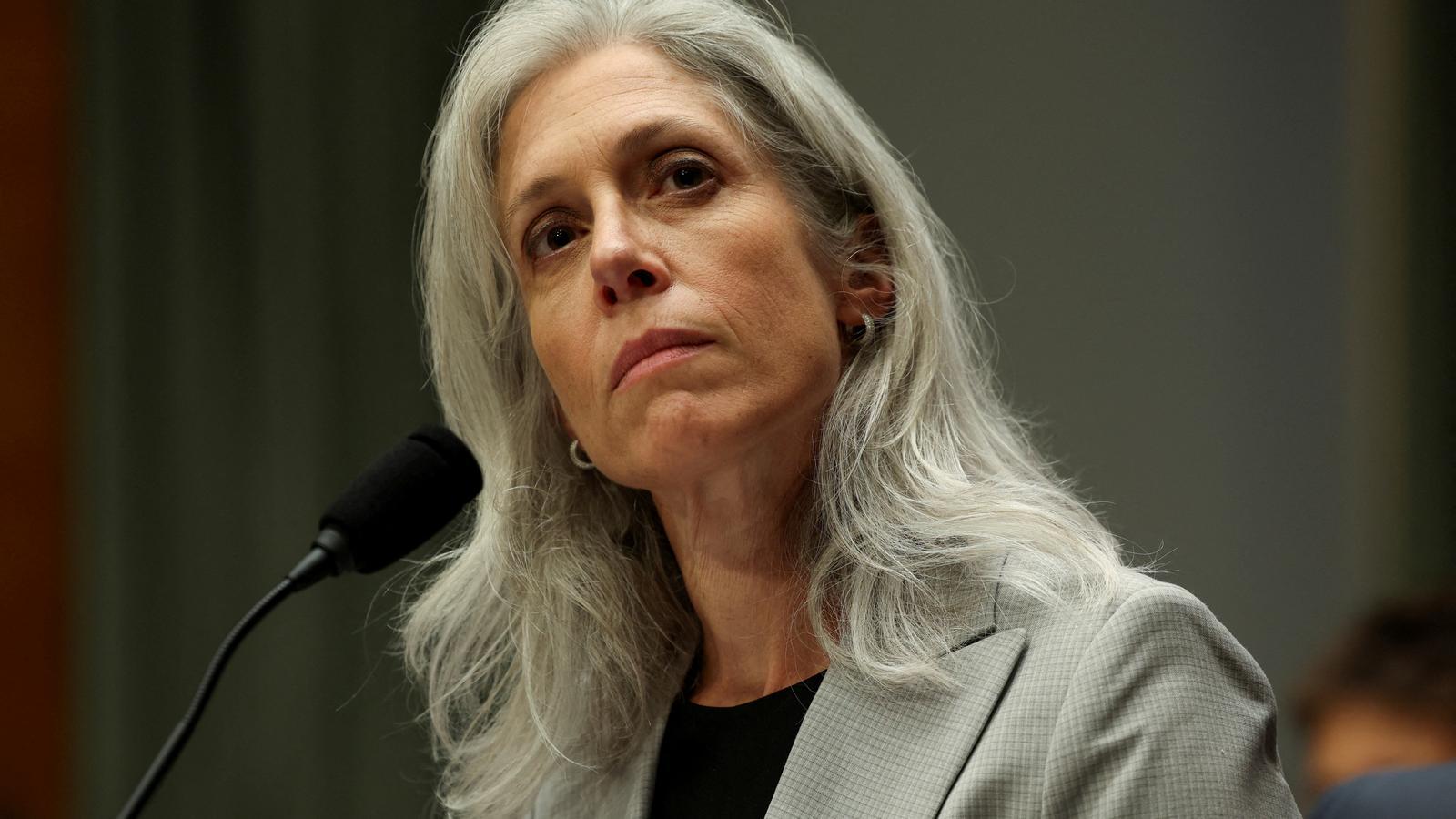The White House fires the head of the main public health agency for not aligning herself ideologically.
Trump has appointed the assistant secretary of health, who is more sympathetic to Kennedy's anti-vaccine positions, to fill the acting position.


WashingtonThe White House announced Wednesday night that it had removed the director of the Centers for Disease Control and Prevention (CDC), Susan Monarez, for not aligning with the president's agenda. In an email, a spokesman for Donald Trump, Kush Desai, said that Monarez "is not aligned with the president's agenda of Making America Healthy Again" and therefore, "the White House has removed Monarez from her position with the CDC," according to the report. The New York Times.
Monarez's lawyers had questioned the legality of the firing until President Donald Trump personally fires him. The president has yet to comment. However, he has already chosen Monarez's replacement: Assistant Secretary of Health Jim O'Neill, according to the Washington Post. O'Neill will retain his duties as Kennedy's aide while also serving as acting director of the CDC. His appointment will likely make it easier for Kennedy to advance his anti-vaccine agenda.
Trump has already chosen Monarez's new replacement: Assistant Secretary of Health Jim O'Neill. His selection as acting director after Monarez clashed with Kennedy over their positions on vaccines will likely pave the way for the health secretary to continue his anti-vaccine policies.
Because Monarez had been certified by the Senate, Kennedy could not fire her directly because her position falls under the authority of the president, not the health secretary. Even so, Kennedy had been under pressure to try to force her to resign. According to Monarez’s lawyer, the director had refused to resign of her own accord.
Monarez, a researcher specializing in infectious diseases, was appointed to the position just a month ago. Monarez’s lawyers have explained that the clash was precipitated by a direct confrontation between her and US Health Secretary Robert F. Kennedy Jr. over his vaccine policy.
Four other top CDC officials have resigned en masse, frustrated by Kennedy’s position on vaccines: Debra Houry, the medical director; Demitir Daskalakis, who was in charge of vaccine recommendations; Daniel Jernigan, head of vaccine safety, and Jennifer Layden, head of public health data. All of them denounced the "politicization" of the agency in different internal messages and warned of the risks to the country's health security.
According to a statement from the US Department of Health, Monarez "is no longer the director of the Centers for Disease Control and Prevention." The message, circulated on social media, does not include any explanation for her dismissal. However, the director's lawyers have responded with another statement denying that their client had resigned or received any official notice of dismissal. "When CDC Director Susan Monarez refused to sign off on reckless and unscientific instructions and to fire compromised health experts, she chose to protect the public rather than serve a political agenda. For this, she has been targeted," they say.
The confrontation between Monarez and Kennedy had been brewing for days. According to sources close to the administration, the New York TimesKennedy Jr. had already asked for his resignation this Monday and, when he refused, demanded that he remove part of the institution's leadership. It was then that Monarez sought support from several senators, which further strained their relationship.
The measure has been strongly criticized by industry insiders. Mandy Cohen, who headed the agency during the Biden administration, called the departure of Monarez and his colleagues an "irreparable loss." Also critical was Anne Schuchat, former deputy director of the CDC, who warned: "We are facing the departure of the best of the best. The nation's health security is at risk."
The crisis at the CDC erupts at a particularly delicate time for the agency: just a few weeks ago, a gunman opened fire on its headquarters in Atlanta, in an attack that was linked to conspiracy theories about vaccines and left a police officer dead and dozens of employees traumatized.
